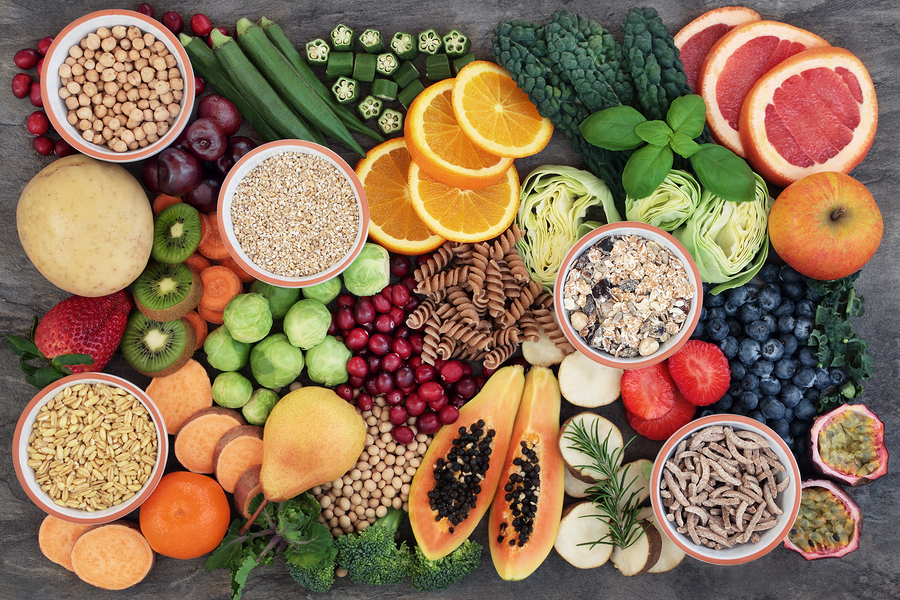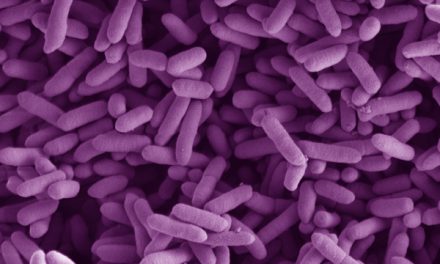The dietary guidelines recommend that we choose meals or snacks that are high in nutrients but lower in calories to reduce the risk of chronic disease. By this measure, the healthiest foods on the planet—that is, the most nutrient dense—are vegetables, which contain the most nutrient bang for our caloric buck. What would happen if a population centered their entire diet around vegetables, like the Okinawa Japanese? They end up having among the longest lives in the world.
Of course, any time you hear about long-living populations, you have to make sure it’s validated because it may be hard to find birth certificates from the 1890s. But validation studies suggest that, indeed, Okinawans really did live that long.
RELATED STORY:
As I discuss in my video The Okinawa Diet: Living to 100, the traditional diet in Okinawa is based on vegetables, beans, and other plants. There’s a common misconception that their traditional diet included a substantial contribution from fish or other meat, but if you look at their actual dietary intake that doesn’t seem to be the case. The U.S. military ran Okinawa until it was given back to Japan in 1972, so we have actual data on what Okinawans were eating from the U.S. National Archives.
If you look at the traditional diets of more than 2,000 Okinawans, it breaks down as follows: Only 1% of their diet was fish, less than 1% of their diet was other meats, and less than 1% was dairy and eggs, so it was more than 96% plant-based and more than 90% whole food plant-based as they ate few processed foods. And their diet was not just whole food plant-based; most of their diet was made up of vegetables, one vegetable in particular: sweet potatoes. The Okinawan diet was centered on purple and orange sweet potatoes.
RELATED STORY:
Eating a 90+% whole food plant-based diet makes it a highly anti-inflammatory and highly antioxidant diet. If you measure the level of oxidized fat within their systems, there is compelling evidence of less free radical damage. Maybe Okinawans just have genetically better antioxidant enzymes? No, their antioxidant enzyme activity is the same as other populations. What may be making the difference is all the extra antioxidants they were getting from their mostly vegetable diet.
RELATED STORY:
Okinawa has 8 to 12 times fewer heart disease deaths than the United States, 2 to 3 times fewer colon cancer deaths, 7 times fewer prostate cancer deaths, and 5½ times lower risk of dying from breast cancer.
Some of this protection may be because they were only eating about 1,800 calories a day. They were actually eating a greater mass of food, but whole plant foods are calorically dilute. There’s also a cultural norm not to stuff oneself. The plant-based nature of the diet may trump the caloric restriction, though, because the one population that lives even longer than the Okinawa Japanese doesn’t just eat a 98% meat-free diet, they eat 100% meat-free. The Adventist vegetarians in California have perhaps the highest life expectancy of any formally described population. Adventist vegetarian men and women live to be about 83 and 86, respectively, which is comparable to Okinawan women, but better than Okinawan men. The best of the best were Adventist vegetarians who also had healthy lifestyles, such as being exercising nonsmokers. They live to 87 and nearly 90, on average. That’s 10 to 14 years longer than the general population. They have 10 to 14 extra years on this Earth by making simple lifestyle choices.
And this is happening now, in modern times, whereas Okinawan longevity is now a thing of the past. Okinawa now hosts more than a dozen KFC restaurants. Okinawans’ saturated fat levels have tripled. They went from eating essentially no cholesterol to a few Big Macs’ worth. They tripled their sodium and are now as potassium-deficient as Americans, getting less than half of the recommended minimum daily intake of 4,700 mg a day. In just two generations, Okinawans have gone from the leanest Japanese to the fattest. As a consequence, there has been a resurgence of interest from public health professionals in getting Okinawans to eat the Okinawan diet too.
Why do those eating plant-based diets live longer? For some people, the “why” doesn’t matter, but I’m fascinated by all the all the mechanisms. If you are too, check out:
- Methionine Restriction as a Life Extension Strategy
- Why Do We Age?
- Caloric Restriction vs. Animal Protein Restriction
- Turning Back the Clock 14 Years
- Longer Life Within Walking Distance
- Prevent Cancer from Going on TOR
- Does Meditation Affect Cellular Aging?
- Telomeres: Cap It All Off with Diet
- Nuts May Help Prevent Death
- Increased Lifespan from Beans
- Fruits and Longevity: How Many Minutes per Mouthful?
- Finger on the Pulse of Longevity
- The Hispanic Paradox: Why Do Latinos Live Longer?
In health,
Michael Greger, M.D.
*Article originally appeared at Nutrition Facts.












